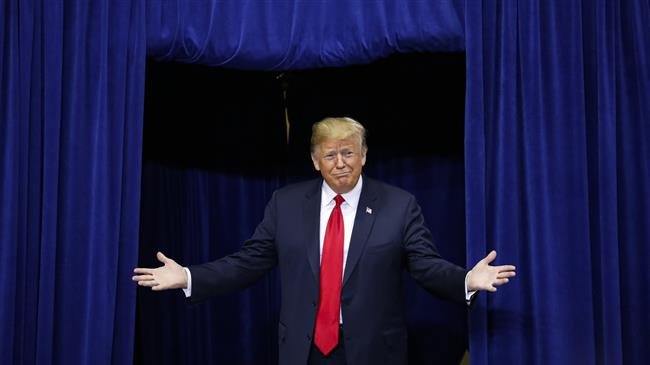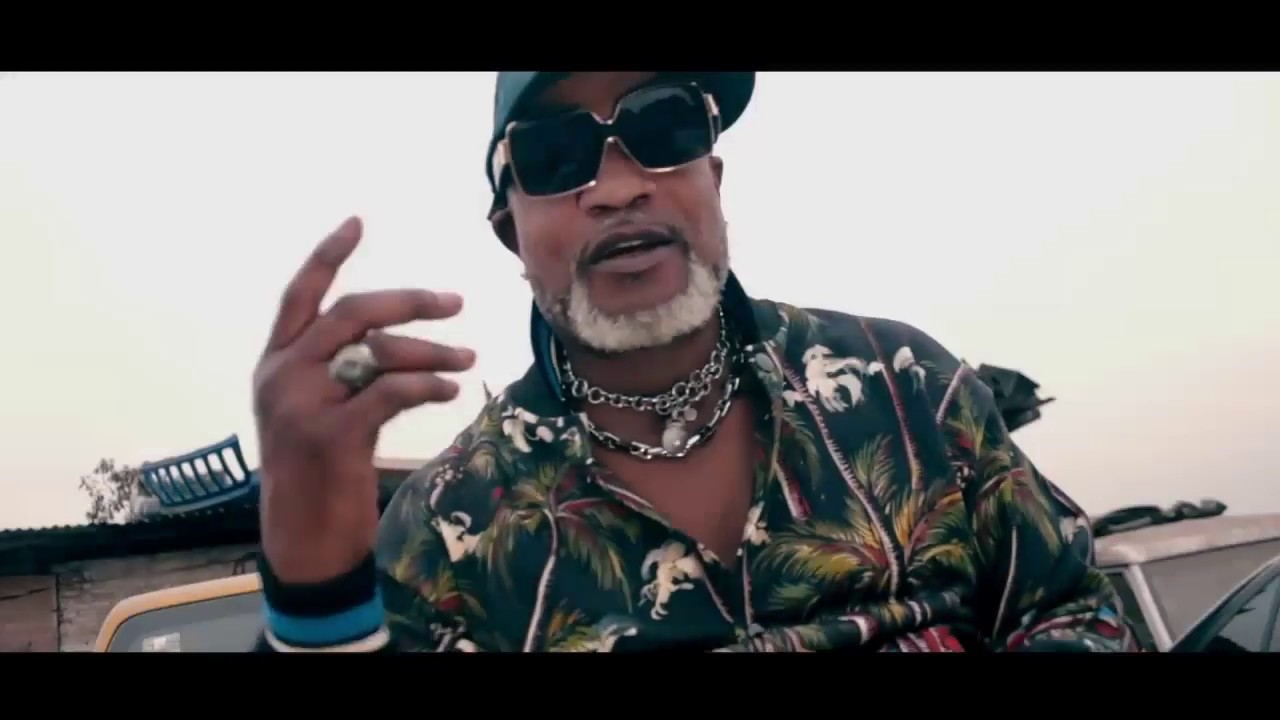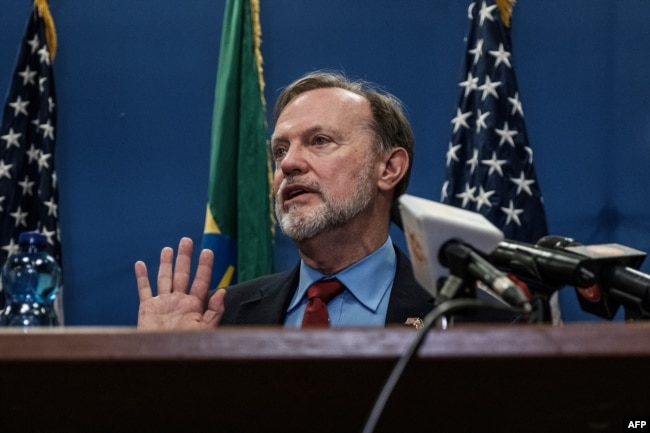20, March 2019
Democrats push for ending Electoral College to prevent Trump triumph in 2020 0
Senator Elizabeth Warren, one of the many Democrats running for 2020 US presidential election, has joined a partisan push to scrap the Electoral College, the constitutional entity tasked with electing US presidents, in order to prevent President Donald Trump from repeating his controversial 2016 victory.
The current election system in the US overrides the popular vote, which gives the victory to the candidate winning the most ballots, in favor of a so-called winner-take-all mechanism.
This means the Electoral College with its 538 electors across different states, who are chosen based on each state’s representation in Congress, is liable for electing the chief executive.
Despite losing the popular vote to his Democratic rival, Hillary Clinton, by a significant margin, Trump still won the 2016 White House race in a 304-227 electoral vote landslide. The threshold for winning presidency is 270 electoral votes.
Speaking in a televised CNN town hall in Jackson, Mississippi, Warren said Monday that it was impossible to have a “national vote” in America with the Electoral College in place.
“Well, my view is that every vote matters. And the way we can make that happen is that we can have national voting. And that means get rid of the electoral college and everybody counts,” Warren said to enthusiastic applause.

The 69-year-old Massachusetts lawmaker called for amendment to the US Constitution that guaranteed the right to vote for all citizens, including convicted felons, and said it was equally important to scrap laws that made casting ballots more difficult.
This puts Warren next to Clinton, New York Representative Alexandria Ocasio-Cortez and many other Democrats who have called for ending the Electoral College.
Last October, when she was running to represent New York’s 14th Congressional District, Ocasio-Cortez famously called the Electoral College a vestige of slavery.
“It is well past time we eliminate the Electoral College, a shadow of slavery’s power on America today that undermines our nation as a democratic republic,” she wrote on Twitter.

NY Dem Ocasio
Hillary Clinton made a similar call in an article published by The Atlantic last month, saying that the “legitimacy” of the US election system was in doubt.
“And you won’t be surprised to hear that I passionately believe it’s time to abolish the Electoral College,” she wrote.
Ongoing efforts
Representative Steve Cohen of Tennessee has introduced a constitutional amendment to eliminate the electoral college but it has yet to be brought up for a vote in the House of Representatives, which is controlled by Democrats.
At the same time, at least 12 states plus the District of Columbia – with a total of 181 electoral votes— have signed onto the National Popular Vote Interstate Compact, an agreement that requires the signatory states to select their presidential electors based on who wins the popular vote nationwide regardless of the overall state outcome.
The compact would only take effect when enough states have signed to push the total electoral votes to 270, an objective that experts say is impossible to fulfill before the 2020 election.
Republicans in favor of keeping Electoral College
Unlike Democrats, most Republicans are against changing the current election system in US, a trend that rose sharply after Trump’s victory.
A Gallup poll conducted weeks after the 2016 Election Day showed that only 19 percent of Republicans and Republican-leaning independents supported changing the system, down from 54 percent in 2011.
Democrats were a mirror image as 81 percent of participants in the survey said they supported an amendment to switch to a national popular vote, up from 69 percent five years earlier.

Republican state Senator Paul Lundeen, who voted against the compact in Colorado, said removing the Electoral College would hurt smaller and more rural states while giving more power to urban areas, where Democrats have a stronger base.
He also said the move undermines the principle of federalism by ceding power to larger states like California and New York, something he said was short-sighted and only fueled by Democrats’ opposition to Trump.
“If there’s a partisan element it’s the knee-jerk reaction: ‘I hate this current president and he didn’t win the popular vote,’” he said. “And I think that hurts us in the long run.”
Presstv
































20, March 2019
France and U.S. Striking Different Notes In Africa 0
There were smiles all around in Kenya as French President Emmanuel Macron and Kenyan President Uhuru Kenyatta shook hands over a series of infrastructure deals worth $3.3 billion.
It was the third stop on the French president’s East African charm offensive – and the first-ever visit to Kenya by a French head of state.
France wants trade and commercial relationships that are “fair and profitable for the Kenyan people,” Macron said. Alluding to Africa’s many relationships with China often freighted with debt, French investments would be respectful of the receiving country’s sovereignty and sustainable, he pledged.
Among the newly signed deals is a contract for a railway line from Nairobi to Jomo Kenyatta International Airport, a trip of about 12 miles that can take up to two hours by car.
Other signed deals include a 30-year concession for a French company to operate a highway linking the Kenyan capital and Mau Summit in western Kenya, a contract for a solar power plant and a contract for coastal and maritime surveillance.
The railway, President Kenyatta said, “will help completely transform the lives of millions of urban workers”. It should be operational by 2021.
The two leaders then shared a photo op seated in Uhuru’s new Peugeot 3008 SUV – assembled in Kenya.
Still, France faces an uphill battle to win more deals in Africa, where China, Turkey and others have moved in quickly and competition is fierce.
In 2017, French exports to Kenya, a former British colony, were about $200 million — about half Uganda’s exports to its neighbor. China exported $3.8 billion, making it Kenya’s biggest trading partner.
Nonetheless, France made few missteps if any on its four nation African tour while U.S. Asst. Secretary of State Tibor Nagy earned negative headlines while in Cameroon for chiding President Paul Biya over a list of human rights violations.
Pro-government groups were unhappy with his references to the detention of opposition leader Maurice Kamto and 150 of his supporters and to the violence in the western Anglophone separatist regions. Other countries on Tibor Nagy’s itinerary are Uganda, the DRC and Rwanda.
Coincidentally, the official visits come as both French and America governments are under fire at home over the erosion of civil liberties, income inequality, racism and the rise of white nationalism and neo-Nazism.
Source: Indepthnews.net